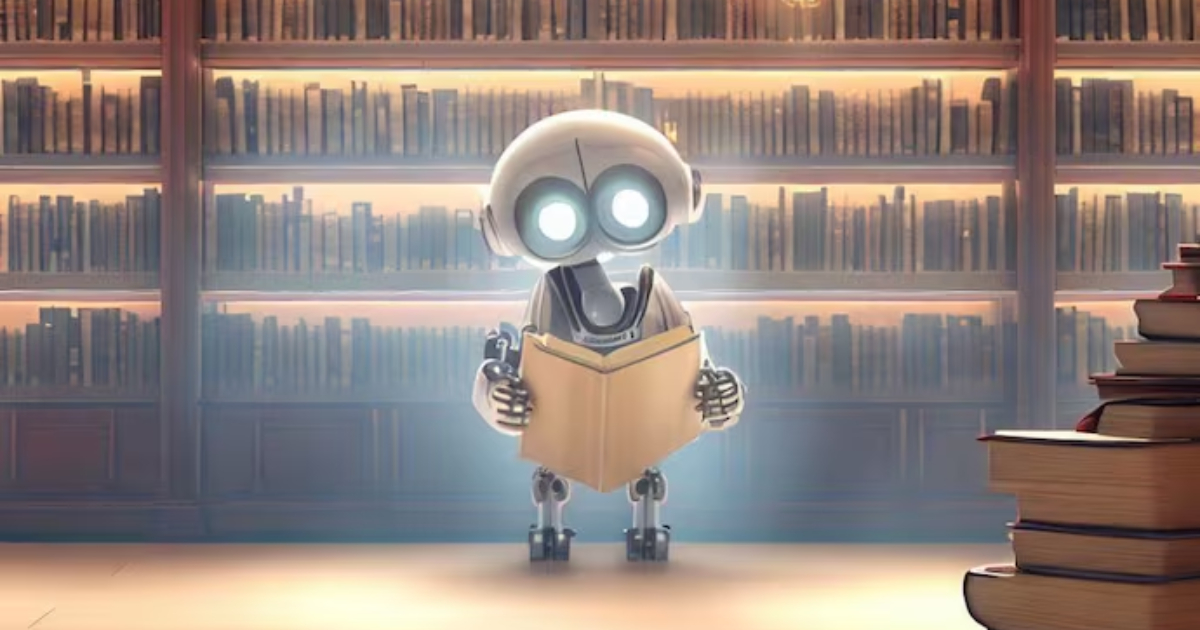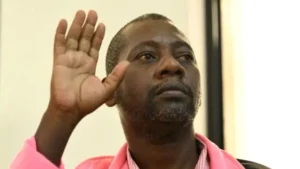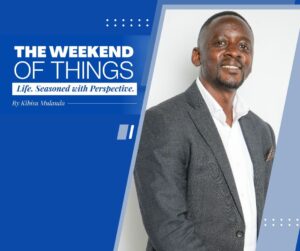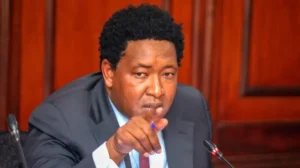The Atlantic has shed light on a controversial AI training dataset named Books3. The training employs almost 200,000 pirated e-books, unknown to the authors. Major tech companies utilize this dataset for training their artificial intelligence systems. This occurrence has stirred up a wave of discontent within the literary community.
Books3 encompasses a wide array of literary genres, from prose poetry to erotic fiction, all extracted without the consent of the original authors. The Atlantic’s investigation revealed the extensive use of this unauthorized dataset and the resulting legal actions against companies, including Meta.
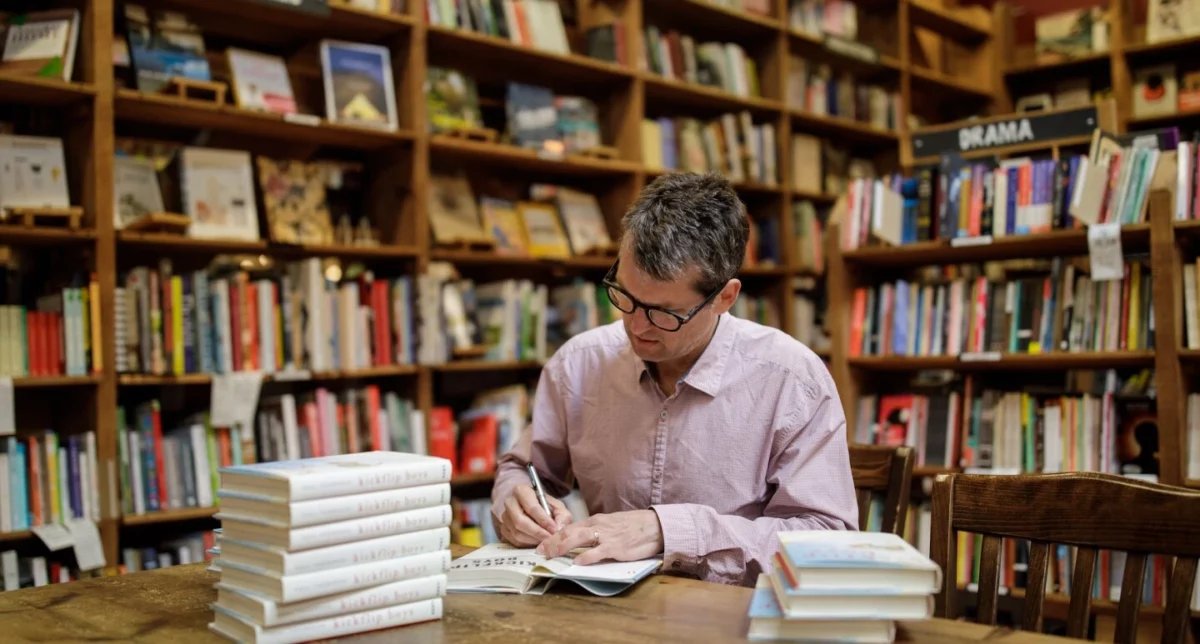
Authors were shocked and angered to discover their works were being used in AI training without their knowledge or permission. Mary H. K. Choi, author of “Emergency Contact,” expressed her distress. She emphasized the deeply personal nature of a book and the vast creative effort it represents. Similarly, renowned authors like Min Jin Lee and Nora Roberts voiced their outrage. They considered this a blatant theft of their time, creativity, and stories.
Read Also:
Another affected author, Nik Sharma expressed his lack of surprise at the exploitation. Nik pointed out the absence of consent and compensation. This misuse of authors’ works mirrors a wider concern about AI’s growing impact on various art forms, such as text-to-image AI systems. It is noted that in these areas, personal and intimate works are used without permission.
In response to these concerns, the Writers Guild of America has taken a stand against the unregulated use of AI in creative fields. AI’s increasing influence has prompted a broader discussion. Thus culminating in US President Joe Biden’s executive order to promote responsible AI innovation.
Subscribe to Switch TV
Despite the disheartening challenges authors face, some, like James Chappel, welcome the opportunity. To them, it is an honor for their books to be utilized in educating and reaching a broader audience. Nonetheless, the overall sentiment among authors is a call for unity to address these issues and protect their creative arts from unwarranted exploitation.


